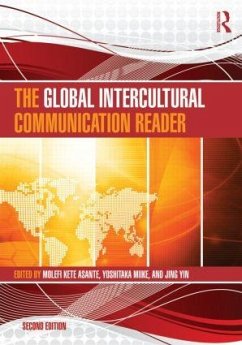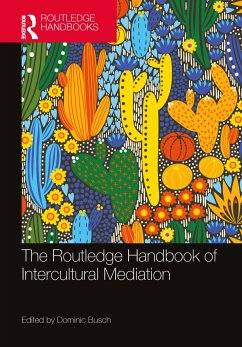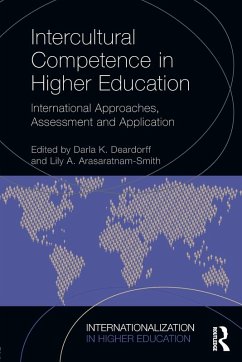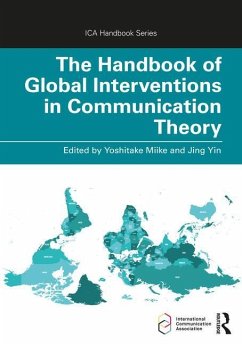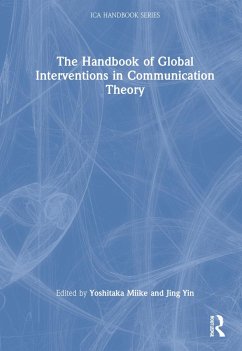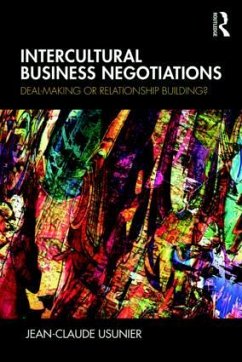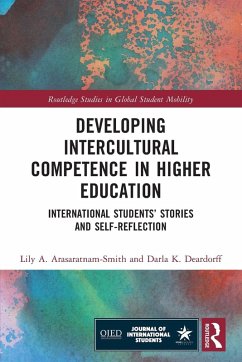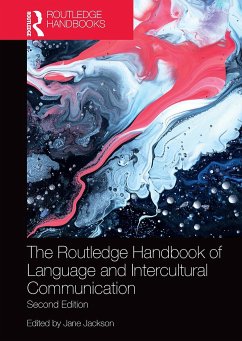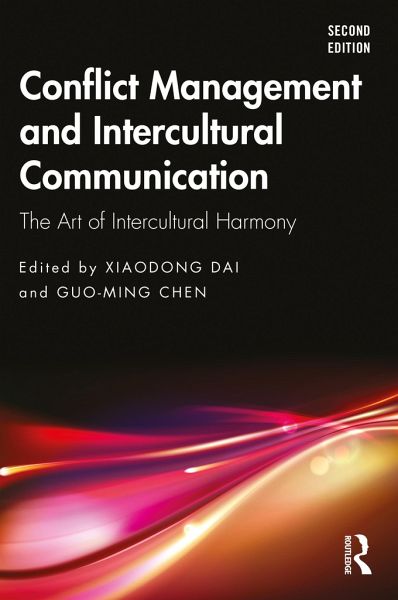
Conflict Management and Intercultural Communication
The Art of Intercultural Harmony
Herausgegeben: Dai, Xiaodong; Chen, Guo-Ming

PAYBACK Punkte
36 °P sammeln!
Conflict management and harmony building are two key issues of intercultural communication research and merit particular attention in the globally interconnected world. In the expanded second edition, the book explores the effective ways to manage intercultural conflict and develop intercultural harmony, and takes an interdisciplinary approach to address the two issues.The book begins with the theoretical perspectives on conflict management and harmony building. It examines intercultural communication ethics, diversity and inclusion, conflict resolution, conflict face negotiation, and intercul...
Conflict management and harmony building are two key issues of intercultural communication research and merit particular attention in the globally interconnected world. In the expanded second edition, the book explores the effective ways to manage intercultural conflict and develop intercultural harmony, and takes an interdisciplinary approach to address the two issues.
The book begins with the theoretical perspectives on conflict management and harmony building. It examines intercultural communication ethics, diversity and inclusion, conflict resolution, conflict face negotiation, and intercultural competence. It presents both Western and non-Western perspectives. The book then addresses in its second section conflict management and harmony building in specific contexts. These include communication in intergenerational relationships, multinational corporations, and virtual spaces, and covers a range of national cultures including the USA, Japan, Germany, and China.
Drawing on the current research findings, this book covers the major theoretical perspectives and provides for a wide range of discussions on intercultural conflict management. It is a crucial reference for teachers, students, researchers, and practitioners alike.
The book begins with the theoretical perspectives on conflict management and harmony building. It examines intercultural communication ethics, diversity and inclusion, conflict resolution, conflict face negotiation, and intercultural competence. It presents both Western and non-Western perspectives. The book then addresses in its second section conflict management and harmony building in specific contexts. These include communication in intergenerational relationships, multinational corporations, and virtual spaces, and covers a range of national cultures including the USA, Japan, Germany, and China.
Drawing on the current research findings, this book covers the major theoretical perspectives and provides for a wide range of discussions on intercultural conflict management. It is a crucial reference for teachers, students, researchers, and practitioners alike.






